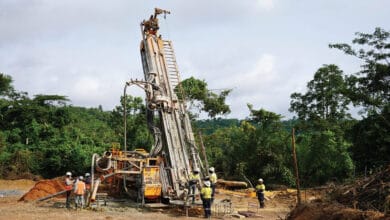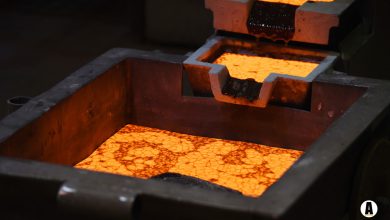Senegal will stop importing natural gas in 2026, Prime Minister Ousmane Sonko said, in a move expected to generate annual budget savings of CFA140 billion (US$227 million).
The government’s gas-to-power strategy envisions natural gas making up 75% of installed capacity, supported by the conversion of the 335-megawatt Bel Air plant and a new 366-megawatt facility. However, the effect on household and business electricity bills remains uncertain.
Output from the Sangomar field and the Greater Tortue Ahmeyim (GTA) offshore project, which started commercial production this year, will partly substitute imports. Authorities expect 20% to 25% of GTA Phase 1 output to supply the domestic market by 2027.
Senegal’s finance ministry said electricity subsidies reached nearly CFA280 billion (US$455 million) in 2023. Despite this, households paid an average tariff of CFA109 (US$0.19) per kWh in December 2024, according to GlobalPetrolPrices.
Any reduction in supply costs after 2026 will depend on how state utility Senelec and the Electricity Sector Regulation Commission (CRSE) set tariffs for consumers.









